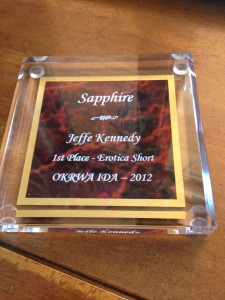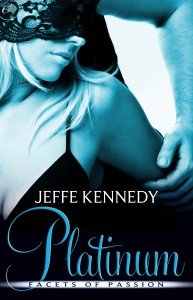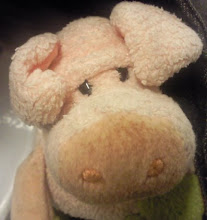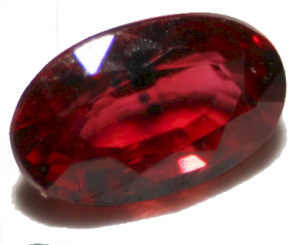 I got my trophy in the mail the other day for Sapphire’s win in the OKRWA International Digital Awards. It’s very pretty. I may or may not sit and gaze at it from time to time. Especially during day job conference calls.
I got my trophy in the mail the other day for Sapphire’s win in the OKRWA International Digital Awards. It’s very pretty. I may or may not sit and gaze at it from time to time. Especially during day job conference calls.
My big boss, head of our 60-some person team, Chi Ho really hates it if we’re not paying attention to conference calls. For people in the office, he makes them come to the conference room for big meetings, instead of phoning in from their desks, as many would prefer. Chi Ho says that there’s no such thing as multitasking, that if you think you are, you’re really not paying attention to any of the several things you’re doing. I think he does have a point.
Yesterday I was talking on the phone with a gal junior to me who’s doing a whole bunch of work on my projects. She’s very sharp, organized and I trust her with a lot. We were doing long-term strategizing about finishing out projects for the rest of the year. As we were talking, an email from Chi Ho popped up on my screen and I scanned it – then realized this gal had asked me a question. I rewound the tape in my head, but no, I didn’t have it. I had to confess that I’d been reading Chi Ho’s email and had stopped listening and what was her question again? She started laughing and said “caught you multitasking!”
I’ve been reading The Creative Habit by Twyla Tharp, which was a gift from the lovely Laura Bickle. It’s a very interesting take on creative and leading an artistic life, because Twyla comes at it from such a different perspective. As a dancer and choreographer, her creative process is in some ways the polar opposite of a writer’s. She is physical where we are sedentary, working with large groups compared to our solitary dreaming. But the differences point up the similarities in how we create and nourish new ideas. I’ve been highlighting a lot and this one struck me:
The irony of multitasking is that it’s exhausting; when you’re doing two or three things simultaneously, you use more energy than the sum of energy required to do each task independently. You’re also cheating yourself because you’re not doing anything excellently. You’re compromising your virtuosity. In the words of T.S. Eliot, you’re “distracted from distractions by distractions.”
It’s a challenge to cut out multitasking because we all get a frisson of satisfaction from being able to keep several balls in the air at once. But one week without multitasking is worth it; the increased focus and awareness are their rewards.
That’s Twyla’s idea – that cutting out all distractions for a week improves creativity. She’s pretty draconian about it, saying that when she’s working up a new dance, she cuts out all input for a week before – email, TV, music, newspapers, everything. This is where I see a big difference in being a writer. I suppose there was a time when a writer prepared to Write The Next Book and would do this creative preparation. However, these days, I think most of us are writing pretty much all the time. I know I have to. I finish one project and move on to the next. So, while seductive*, it’s not practical for me to create this well of silence around my creative process.
*And it’s totally seductive to me. I have this idea that I would love to be a cloistered nun and take a vow of silence. Except that I’m not religious and I really like sex and other hedonistic activities. But still.
Instead, I think this silence can be created on a temporary and daily basis through dint of habit. My ritual now is turning on Freedom for two hours. (Those keeping track at home will notice that I upped the time. Deadlines – they be looming.) This silences the internet. I turn off the phone. The more I make myself sit with no other stimulation and simply focus on the story, the more it flows.
And for the day job? When I talk on the phone, I turn my back to the computer screen.
Mostly.


